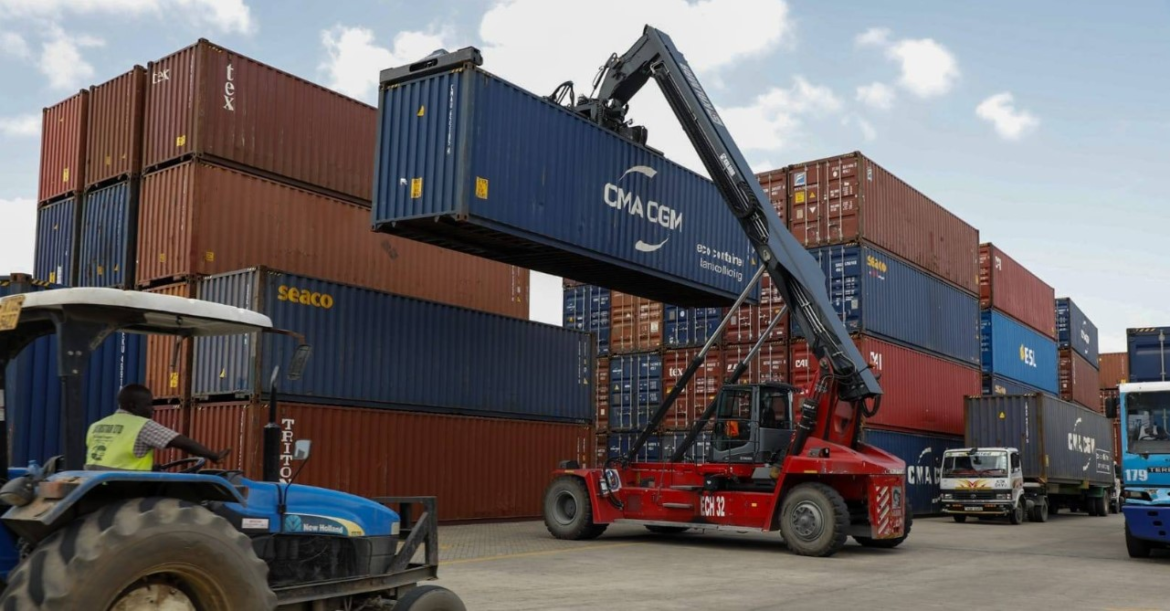The value of imports ordered by government agencies surged to an all-time high of Sh110.9 billion in the 12 months to December 2024, largely driven by a weakened shilling and sustained demand for foreign goods.
According to data from the Central Bank of Kenya (CBK), government imports rose from Sh62.07 billion in the previous year, marking a significant increase. The report further shows that at the start of 2024, the shilling traded at a high of Sh157.20 against the dollar, making imports costlier.
Although the CBK did not provide specifics on the imported items, government agencies typically procure furniture, stationery, machinery, motor vehicles, textiles, and arms, among others.
The data highlights that October 2024 recorded the highest monthly imports at Sh24.8 billion. This was followed by equally high figures in January and February, with imports worth Sh13 billion, attributed to the shilling’s depreciation. December 2024, however, recorded the lowest value at Sh2.3 billion.
Overall, government and commercial imports rose from Sh2.59 trillion in 2023 to an all-time high of Sh2.7 trillion in 2024.
The data indicates that President William Ruto’s administration imported more than his predecessor, signaling an increased government appetite for foreign goods despite ongoing efforts to promote local manufacturing under the Buy Kenya-Build Kenya initiative.
For comparison, government agencies imported Sh110.9 billion worth of goods in 2024, which is significantly higher than: Sh76.8 billion in 2022 under Uhuru Kenyatta, Sh79.6 billion in 202.
Despite previous directives encouraging civil servants to wear “Made in Kenya” outfits every Friday and on public holidays, the initiative appears to have taken a back seat under the current administration.
The CBK data further indicates that the government’s import bill has steadily expanded since July 2019, only dipping slightly during the election period before surging again in 2024.
The Buy Kenya-Build Kenya strategy was initially designed to boost local industry and reduce reliance on foreign goods. However, the recent rise in imports raises concerns about its effectiveness, as government agencies continue sourcing items from abroad rather than supporting domestic production.
With the rising import bill, stakeholders in Kenya’s manufacturing sector may push for renewed efforts to promote local industries and enhance the competitiveness of Kenyan-made products.



